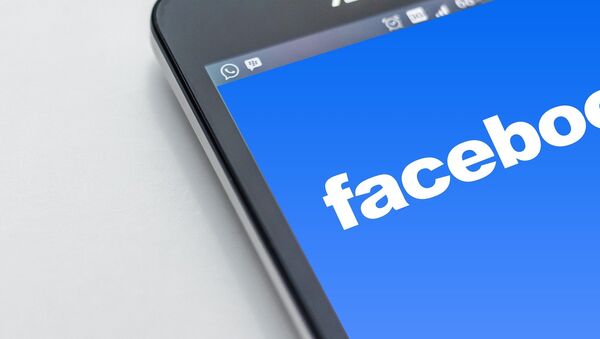"[S]ome companies want to say to the individual, 'Hey, we can make you invisible to law enforcement.' But do we want to live in a society where everyone is invisible to law enforcement?" Barr said on Friday. "These considerations apply to privacy. That right has never been absolute."
Barr explained the Fourth Amendment of the US Constitution did not guarantee total privacy, but struck a balance between the individual citizen’s interest in conducting affairs in private and the public need to investigate possible criminal activity.
The US Attorney General issued his warning the day after the Justice Department, which he heads, published an open letter on Thursday asking Facebook to alter its plan to fully encrypt the company's messaging services - Messenger, WhatsApp and Instagram - a move that was announced in March.
The letter said companies should not deliberately design their systems to preclude any form of access to content, even for preventing or investigating the most serious crimes.
Encryption services should also not be allowed to protect terror activities and foreign adversaries’ attempts to undermine democratic values and institutions, the letter added.
Encryption-proof technology was rapidly destroying the capability of government law enforcement to detect and prevent a wide range of criminal activity including terrorism, major drug trafficking, financial fraud, human trafficking and transnational gang activity, Barr warned in his Friday speech.


